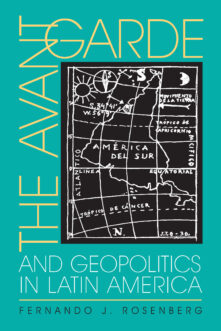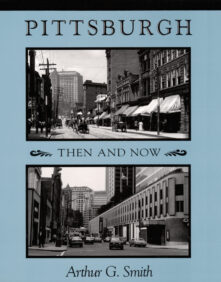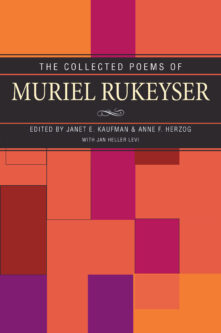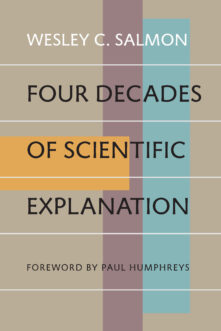Books
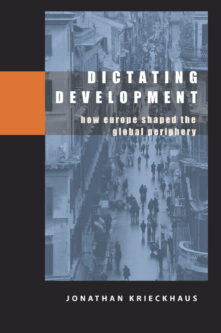
Dictating Development
How Europe Shaped the Global Periphery
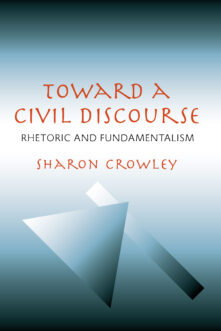
Toward a Civil Discourse
Rhetoric and Fundamentalism
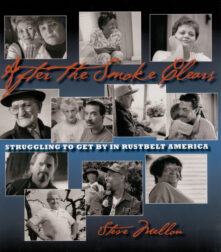
After the Smoke Clears
Struggling to Get By in Rustbelt America
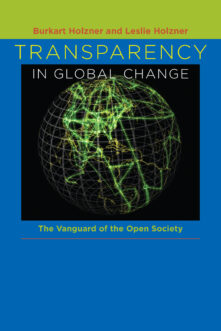
Transparency in Global Change
The Vanguard of the Open Society
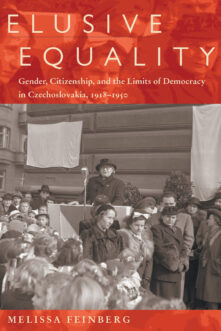
Elusive Equality
Gender, Citizenship, and the Limits of Democracy in Czechoslovokia, 1918-1950
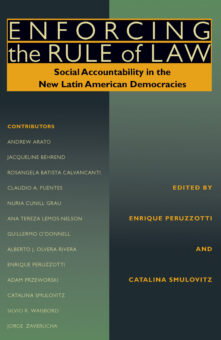
Enforcing the Rule of Law
Social Accountability in the New Latin American Democracies
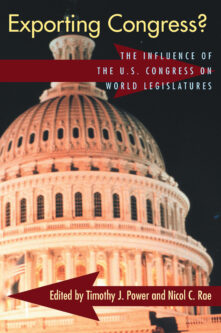
Exporting Congress?
The Influence of U.S. Congress on World Legislatures
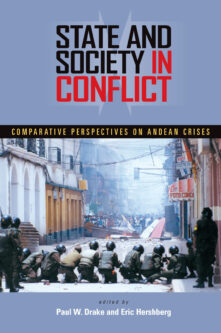
State and Society in Conflict
Comparative Perspectives on the Andean Crises
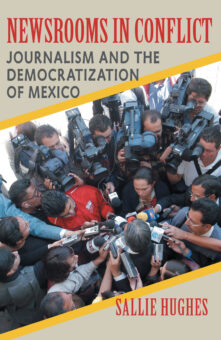
Newsrooms in Conflict
Journalism and the Democratization of Mexico
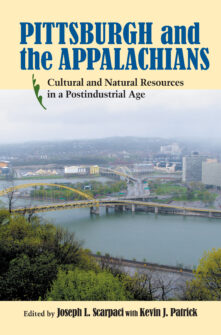
Pittsburgh and the Appalachians
Cultural and Natural Resources in a Postindustrial Age
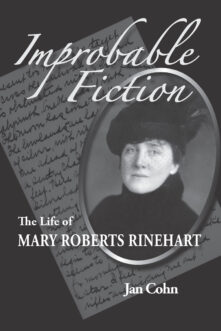
Improbable Fiction
The Life of Mary Roberts Rinehart
Total 1559 results found.


